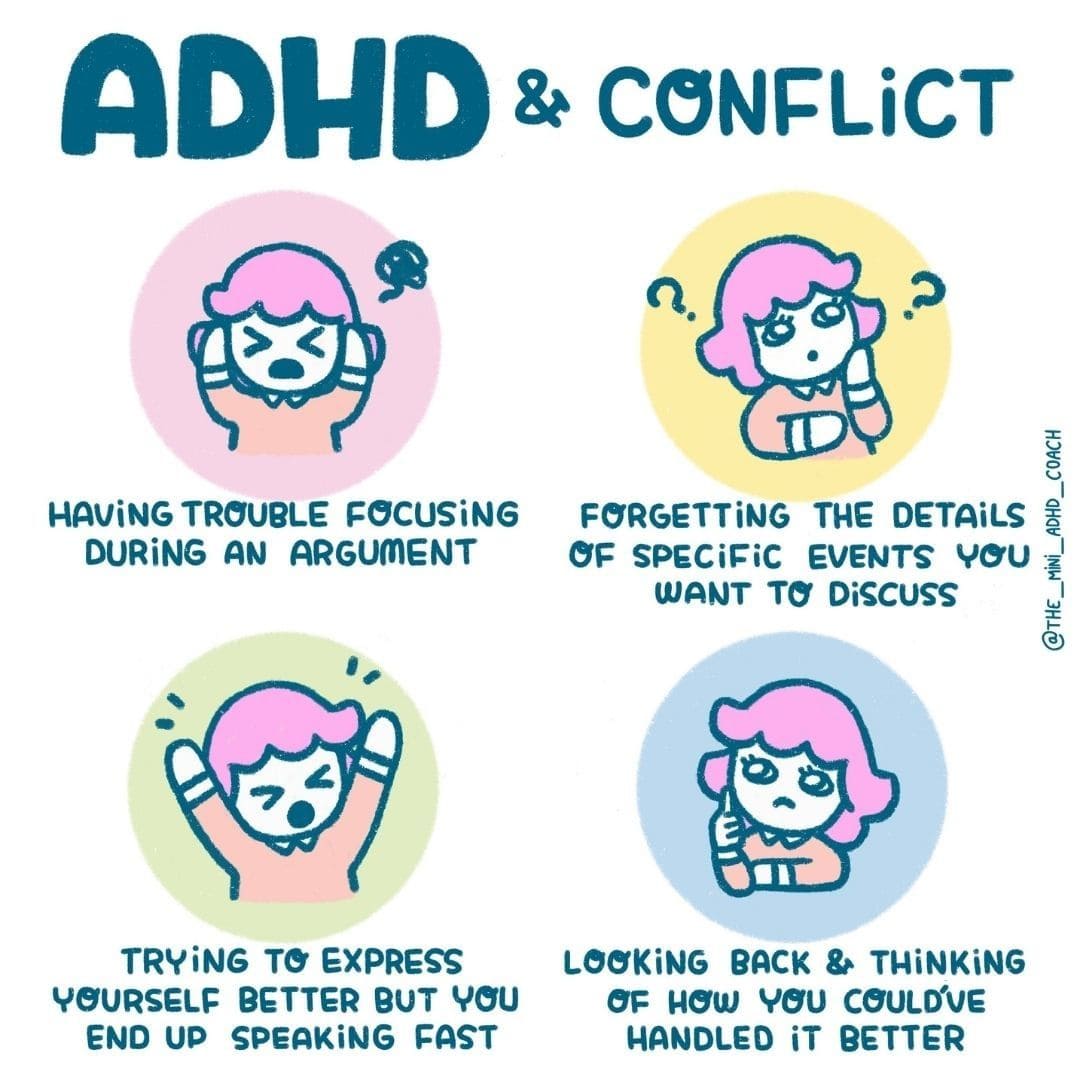Attention Deficit Hyperactivity Disorder (ADHD) does not cease to exist upon reaching adulthood; rather, it persists as a complex condition that manifests in diverse challenges throughout daily life. Adults grappling with ADHD frequently experience a plethora of difficulties, many of which are often overlooked or misattributed to personality flaws or lack of effort. This pervasive misunderstanding can exacerbate feelings of inadequacy and frustration among those affected.
One prevalent issue faced by adults with ADHD is executive dysfunction. This term, encompassing a range of cognitive skills necessary for organization, task initiation, and time management, poses significant hurdles. Imagine a professional attempting to manage multiple projects with looming deadlines while battling an internal chaos that renders prioritization nearly impossible. This often results in a perpetual cycle of procrastination followed by last-minute panic, fostering a toxic work environment and contributing to a negative self-image.
Moreover, emotional dysregulation is another salient factor that complicates daily interactions. Individuals may experience heightened emotional responses to stress or criticism, leading to conflicts in personal and professional relationships. Such emotional volatility can be a source of immense personal conflict, as individuals struggle to maintain composure amid feelings of overwhelm. This emotional landscape can often be misinterpreted by others as an inability to cope, further stigmatizing individuals with ADHD.
Social engagement also presents unique challenges for adults with ADHD. Forming and maintaining relationships may feel like navigating a labyrinth, where misunderstandings and miscommunications become frequent hurdles. The impulsivity associated with ADHD can spur unusual or inappropriate comments that alienate peers, creating a cycle of isolation and exacerbating feelings of loneliness. The need for social connection remains paramount, yet the obstacles often demand a considerable emotional toll.
Additionally, the mundane aspects of daily living—such as managing finances, maintaining a household, or adhering to routines—constitute recurring quandaries. Tasks that may seem straightforward can trigger significant anxiety, leading to avoidance behaviors that result in cluttered spaces and unpaid bills. Such circumstances not only impede personal well-being but can also perpetuate a cycle of anxiety and depression.
In essence, while ADHD may be popularly recognized as a childhood diagnosis, its repercussions continue to shape adult lives in profound ways. The myriad challenges faced by adults with ADHD illuminate the condition’s complexity and underscore the necessity for greater awareness and understanding. By fostering a more inclusive dialogue surrounding ADHD, society can help dismantle the stigma and cultivate environments where individuals can thrive, embracing their unique perspectives and capabilities.
